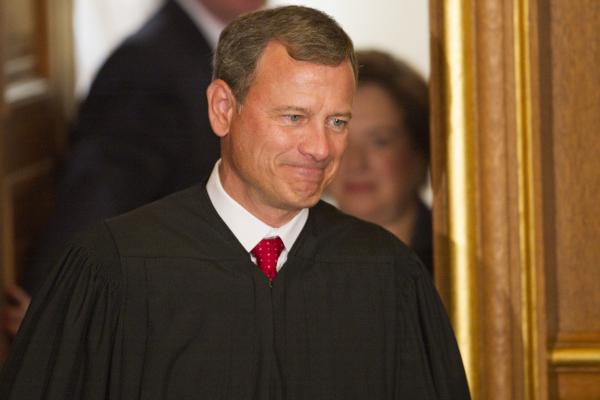In 2009, during the debate over health care, I devoted a good deal of my time arguing in favor of President Obama’s efforts to provide some form of universal health care to the people of the United States. I argued that universal health care is a human right. I argued that providing a way for people to get medical care without the worry of going bankrupt or of having to be shackled to a job because they or someone in their family needs health care is a matter of establishing justice in our country. It is a matter of distributive justice.
In the Supreme Court decision upheld the Affordable Care Act (ACA a.k.a. Obamacare) Chief Justice John Glover Roberts, Jr., writing for the majority of the court, in effect said that the act is constitutional because Congress has the power of taxation. He quotes Benjamin Franklin: “Our Constitution is now established . . .but in this world nothing can be said to be certain, except death and taxes.”
Opponents of the ACA argued that the individual mandate that requires people to buy health insurance was unconstitutional. They argued that it was an overreach of governmental power to require someone to buy something. Supporters of the ACA argued that the individual mandate was constitutional under the powers granted to Congress under the commerce clause and because Congress has the power of taxation. The penalty imposed on people who do not buy health insurance will be collected by the IRS when a person files h/er income taxes. The penalty or tax only applies to people who can afford to buy health insurance but who choose to not buy it.
The chief justice’s opinion does not judge the morality of the law. Roberts does not speak of the Universal Declaration of Human Rights and the goals it sets for the entire human community, including universal health care. He does not speak of the concepts of liberty and justice for all, that the government has an obligation to its citizens to make health care something that is available to all.
Read the Full Article

